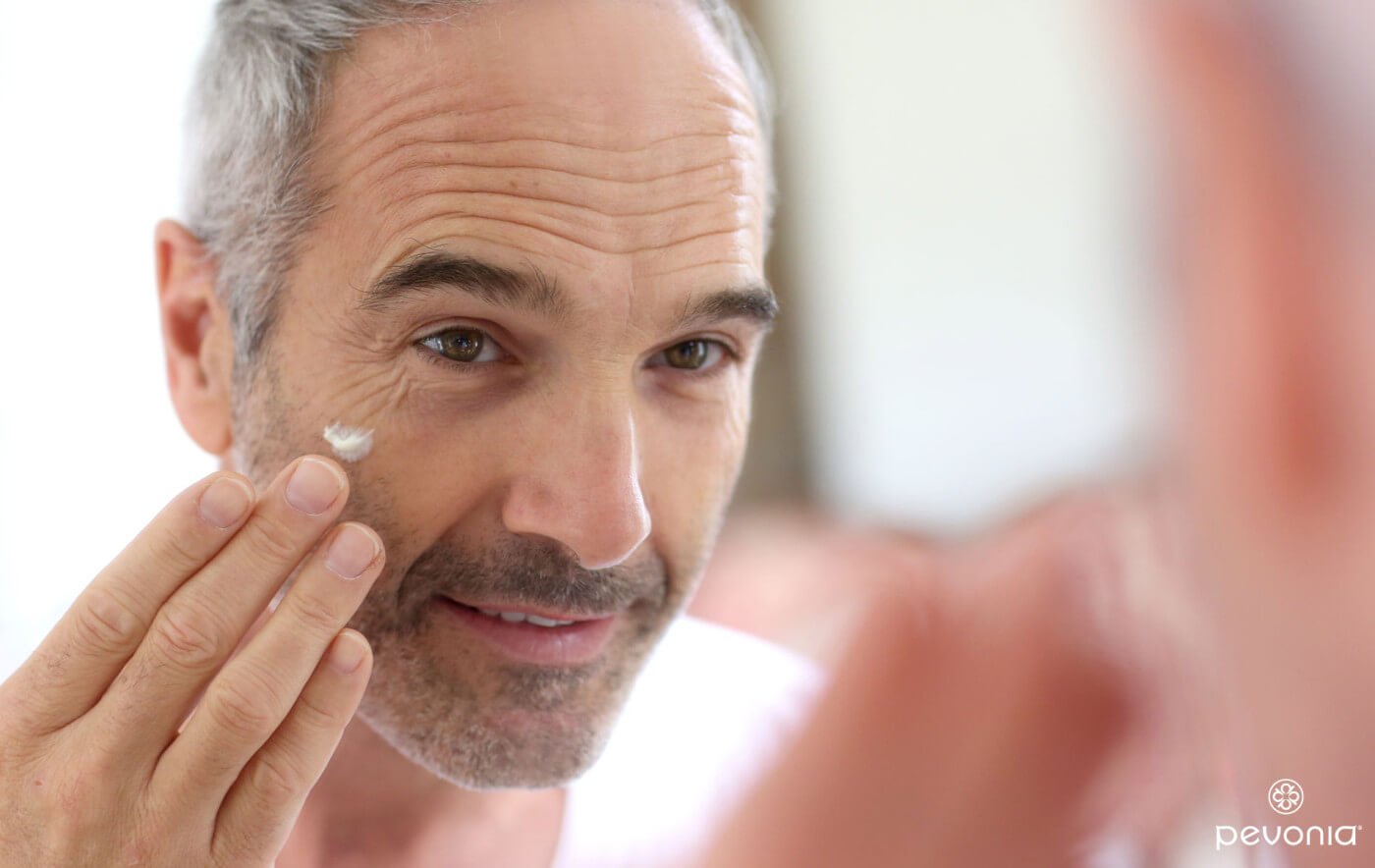
Ask The Doctor
Q: What is our exposome, and how does it affect the process of skin aging and diseases?
A: The study of exposomes is an emerging field. How do you define exposomes? According to the CDC, exposomes are the measure of an individual’s exposure to environmental or occupational stressors, assaults that occur over their lifetime (and even before birth). Exposomes tell us that premature skin aging is not a cosmetic issue, but an organ system issue. While we don't like the visible symptoms, the problem is much deeper. This concept arises from scientific advances that have allowed us to map the human genome and examine how various factors impact our health. It illustrates how diet, lifestyle, and environment interact with a person’s unique genes and physiology. It involves epigenetics, which studies how organisms change because of gene expression modification. Studies of exposomes look at biomarkers to measure exposure and how it affects susceptibility and causes mechanisms and progression of diseases. The aim is to study the exposome, understand it, and utilize what we learn to help prevent and cure diseases. A person’s exposome can change based on early and subsequent exposures. Ever wonder why only one person “suffers” from a particular disease when that person and another were exposed to the same environmental factors? Exposomics, or the study of exposomes, involves how our genes, personal makeup, and other variables affect the degree of impact from exposures.
Beyond the scientific jargon, let me answer the question on beauty enthusiast’s minds: What is our exposome in skin care? Our skin exposome is the sum total of all internal and external exposures over our lifetimes that can trigger skin conditions or change their trajectory.Sun exposure, climate, pollution, hormones, diet, metabolism, and mental health are considered the main factors:
- UV radiation induces changes in pigment (hyperpigmentation and hypopigmentation), sun damage (with accelerated aging), and skin cancer.
- Climate changes can affect the skin’s barrier function and cause imbalances like dryness, dehydration, and sensitivities.
- Nitrogen dioxide and particulates from automotive pollution are tied to freckles, unwanted pigmentation, and skin texture changes.
- Chronic exposure to ozone can lead to eczema and wrinkles because of inflammation and oxidation.
- Altered hormones, metabolism, and dietary habits produce many negative actions on the skin, like oiliness, acne, fat tissue disorders, etc.
- Mental health, stress, and other lifestyle situations can accelerate skin aging and promote inflammatory skin conditions.
Our unique exposomes govern the degree to which these factors affect the skin. This helps explain why people with similar exposures may not exhibit the same degree of skin aging or other skin disorders. Psychological factors like stress, resulting sleep disturbances, and poor nutrition can produce inflammation, oxidation, and glycation, teeing up skin aging, acne, rosacea, and atopic dermatitis. However, it is one’s own physiology and exposome “profile” that dictates the degree of such effects. As this field of study is still in its infancy, we must still do our best to preserve the integrity of collagen and other extracellular matrix proteins. Healthy lifestyle choices, stress management, antioxidant-rich healthy diets, sleep hygiene, and safer sun habits are our best defenses. And, when in your car, be sure to use the recirculation feature on your AC/Heater to minimize exposure to emissions. Although no skincare product can completely unravel your exposome, you can apply products to help skin barrier integrity and function, shield against external factors, and ensure the healthiest skin possible. This includes products with emollient safflower oil, squalane, and shea butter that work to preserve the skin’s protective barrier (hydrolipidic film.) Safflower oil and shea butter repair cracked or impaired skin barriers by providing intercellular lipids, while squalane reinforces those lipids and provides antioxidant vitamins A and E for cell protection.
Safe and effective natural skin care products with antioxidants are essential to protect against the damaging effects of pollution and other sources of free radicals and minimize the adverse effects. Antioxidant-enriched serums to protect skin barrier health are simple, efficient additions to any routine. Avitamin C serum inhibits lipid peroxidation and neutralizes free radicals, and aretinol serum followed by a vitamin C and retinol cream provide vital antioxidant support in the evening.
Note: Exposomes are not to be confused with controversial exosomes. Exosomes are amino acids, lipids, and peptides extracted from living stem cells that signal skin cells to communicate, regenerate, and repair. While they sound promising, there is a risk of DNA transmission and adverse effects on bone and brain health, immune response, and tissue growth. Consequently, these ingredients are not currently FDA-approved.
